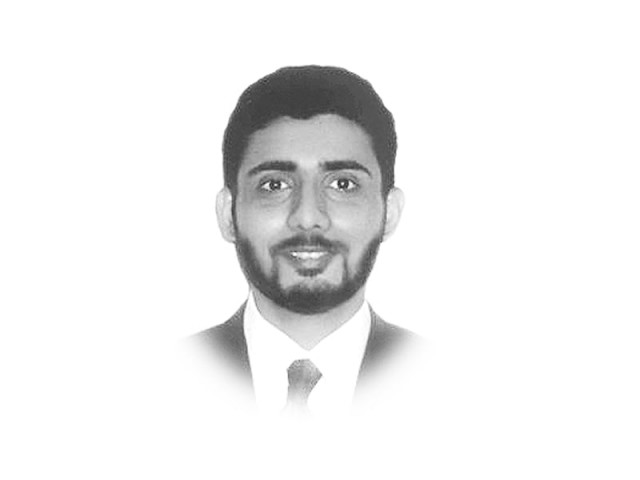Rembering Mahbubul Haq & his work
Dr Haq envisioned that economic growth along with equitable distribution of income is best path to human development.

Rembering Mahbubul Haq & his work
Dr Haq was the pioneer in stating that development is more than GDP growth, more than income and wealth, and more than producing commodities and accumulating capital. He stated this at a time when high GDP growth alone was considered the panacea for development. Dr Haq broadened the concept of development and defined it as a process of enlarging people’s choices — the most critical of these are to live a long and healthy life, to be educated and to have access to resources needed for a decent standard of living. He advocated that the process of development should at least create a favourable environment for the people, individually and collectively, to develop their full potential and to have a reasonable chance of leading productive and creative lives in accordance with their needs and interests. It is unfortunate to see that despite being the home of the architect of the human development philosophy, South Asia has lagged behind other developing countries in achieving better human development outcomes.
According to Dr Haq, South Asia faced puzzling and disturbing contradictions; it has witnessed economic growth without human development, and the region despite being a laggard in literacy outcomes has some of its highly educated people dominating many international forums and its human capital abroad represents some of the finest talents. These contradictions that bothered Dr Haq in the 1990s became more persistent during the last decade when South Asia registered the highest annual growth compared to all others regions, yet the human development outcomes were far behind other middle-income countries.
Dr Haq envisioned that economic growth accompanied by a reasonably equitable distribution of income is generally the most effective path to sustained human development. He often cited South Korea as a successful case study of how equitable distribution of economic growth can lead to better human development outcomes. In contrast, stated Dr Haq, South Asia, especially Pakistan, depicts a tale of two economies — one embarrassingly rich and the other desperately poor, and the distance between the two economies is widening. The inequality-adjusted human development index for 2013 reflects the truth of this statement because inequality in income and in access to basic services has gone up. In South Asia, inequality accounts for a 29 per cent loss in the HDI value; this figure is the highest amongst all the regions except sub-Saharan Africa. Rise in inequality is one of the inhibiting factors for achieving human development goals in poor societies even when economic growth may go up.
Mahbubul Haq proposed fundamental socio-economic reforms. He advocated for a new social contract to tax the rich and create economic opportunities for the poor, providing small loans to the poor for self-employment rather than big loans to influential people, which they seldom pay; and provide social services to the poor, not to the privileged class. Unfortunately, Haq’s policy proposals with concrete blue-prints for implementation have never been taken seriously by the policymakers, particularly in Pakistan.
The development philosophy of Dr Haq aimed to build development around people rather than people around development. He would always focus on the human dimension in development planning. His policies would start with a human balance sheet, focusing on satisfying basic human needs.
Poor human development outcomes in South Asia are largely because of a neglect of education and health in national budgets, something that Dr Haq always wanted to see remedied. To date, the region has one of the lowest investments in health and education, with 1.2 per cent and 3.2 per cent of the budget respectively, lowest even compared to the least developed countries. In Dr Haq’s words, investment in people is likely to give a political and economic pay off, which no other investment can promise. He proposed spending a minimum of 10 per cent of GNP on the provision of basic social services — particularly education and health.
While we mourn his demise, we should also celebrate his message and make efforts to ensure that it is reflected in our policymaking. Dr Haq dedicated his life for the cause of the people of South Asia — we should strive to fulfil his unfinished agenda for human development and see that his dream comes true.
Note: Dr Mahbubul Haq was the Chief Economist of the Pakistan Planning Commission (1957 – 70), Director of the World Bank’s Policy Planning Department (1970-82), Planning and Finance Minister in Pakistan’s Federal Cabinet (1982-88) and Special Adviser to the UNDP Administrator (1990 – 96). He died on July 16, 1998.
Published in The Express Tribune, July 19th, 2014.
Like Opinion & Editorial on Facebook, follow @ETOpEd on Twitter to receive all updates on all our daily pieces.














COMMENTS
Comments are moderated and generally will be posted if they are on-topic and not abusive.
For more information, please see our Comments FAQ